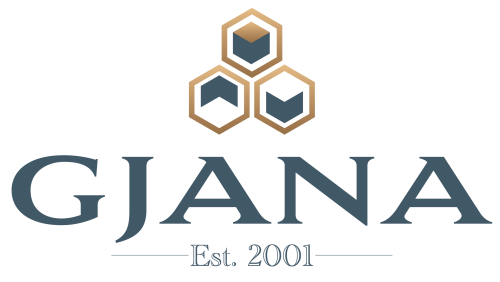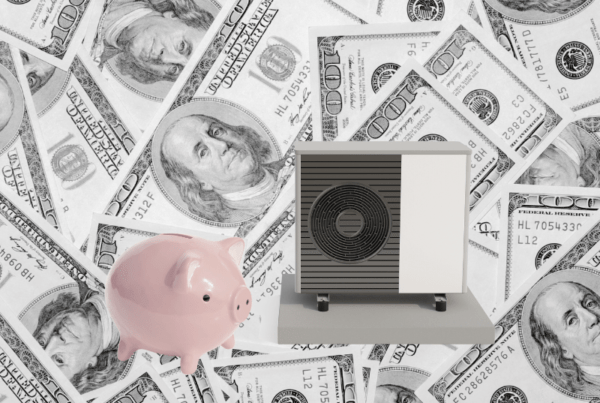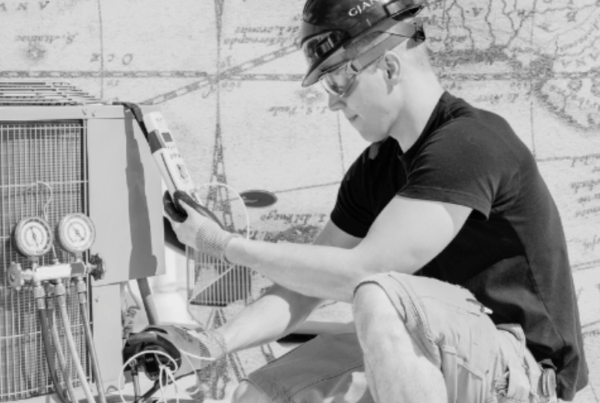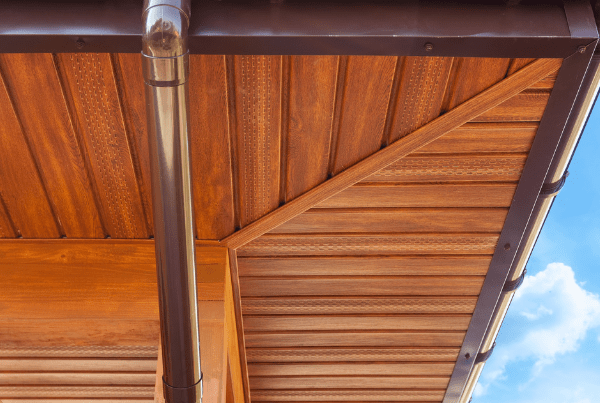🍂 Fall Into Savings with Our Exclusive Copper Gutter Installation & Replacement Offer! 🍂
For the month of October enjoy a spectacular 20% reduction on our premium copper gutter installation and replacement services. Our expert team is dedicated to providing you with seamless installations, ensuring optimal functionality and a refined appearance. CLICK TO CALL GJANA FOR DETAILS.
Why Get a Roof Inspection?
When selling your home, first impressions count. From Scarsdale in Westchester County to Oyster Bay in Long Island, from Brooklyn to Queens, buyers will be attracted to homes that appear well-maintained and cared for. A healthy roof indicates a well-kept property, reducing the chances of unexpected repair costs after purchase. Buyers often appreciate sellers who have taken the time to ensure all aspects of the home, especially the roof, are in good condition.
A comprehensive roof inspection involves a thorough examination of both the exterior and interior aspects of your roof, providing a full picture of its current condition and potential issues.
On the exterior, the inspector will examine the roofing materials for signs of damage or wear. This includes checking for missing or broken shingles, which could expose the underlying roof structure to the elements and lead to leaks. Damaged flashing, which is used to prevent water from entering at joints or intersections, such as around chimneys or vent pipes, will also be identified. Missing or damaged flashing can result in water intrusion, leading to further damage to the roof structure and interior of the home.
In addition, the inspector will look for areas on the roof that are susceptible to leaks, such as valleys, where two roof slopes meet, or near roof penetrations like vents or skylights. These areas are often vulnerable to water penetration, especially if they are not properly sealed or if the sealing material has deteriorated over time.
The interior inspection of the roof involves evaluating the attic or the space directly beneath the roof. Here, the inspector will check the insulation to ensure it is adequate and properly installed. Poor insulation can lead to higher energy costs as heat can escape through the roof during the colder months and cool air during the hotter months.
Ventilation will also be evaluated, as proper roof ventilation prevents the buildup of heat and moisture that can lead to roof deterioration and damage. Poor ventilation can also contribute to conditions favorable to mold growth and reduce the lifespan of your roof.
The inspector will also look for signs of water damage or mold inside the roof structure. Stains, rot, or mold on the underside of the roof deck or on the attic side of the insulation can indicate a leak in the roof. Dampness or rust around vent pipes, valleys, or chimneys can also be a sign of water intrusion.
In essence, a comprehensive roof inspection is a crucial step that provides valuable insight into the health of your roof, identifying potential problems that could lead to significant damage if not addressed promptly. By gaining a clear understanding of your roof’s condition, you can make informed decisions about necessary repairs or improvements, which can ultimately contribute to preserving the value of your home.
What's involved in getting a roof inspection?
When selling your home, first impressions count. From Scarsdale in Westchester County to Oyster Bay in Long Island, from Brooklyn to Queens, buyers will be attracted to homes that appear well-maintained and cared for. A healthy roof indicates a well-kept property, reducing the chances of unexpected repair costs after purchase. Buyers often appreciate sellers who have taken the time to ensure all aspects of the home, especially the roof, are in good condition.
Additionally, a roof inspection is a powerful tool for identifying potential problems that might become obstacles in the home sale process. For instance, an inspection could reveal issues such as damaged shingles, a leak-prone area, or poor insulation. Such problems can lead to larger issues like water damage, mold growth, or inefficient energy use if not addressed promptly.
Uncovering these issues ahead of time has several advantages. Firstly, it allows you, as the seller, to make the necessary repairs or improvements before listing your property. This proactive approach can make your home more attractive to prospective buyers, as it demonstrates that the property has been well-maintained and is in good condition.
Moreover, addressing roof-related issues prior to listing can expedite the sales process. Potential buyers are likely to proceed more quickly if they are confident that no significant problems are lurking in the property, especially ones as critical as roof issues. A home with a solid, well-maintained roof is an easier sell than a home where the roof’s condition is uncertain.
Furthermore, by taking care of any roofing issues beforehand, you significantly reduce the chances of unexpected issues surfacing during the buyer’s home inspection. This is crucial as such surprises could delay or even derail the closing process. For example, if a buyer’s inspection reveals significant roof damage, they may request that repairs be made before the sale can proceed, negotiate for a lower price to accommodate the repair costs, or even decide to back out of the sale altogether.
In contrast, a seller who can provide a recent, clean bill of health for the roof can negotiate and close the sale with much greater confidence and fewer setbacks. Therefore, a roof inspection not only helps preserve the value of your home but also contributes to a smoother, more efficient sales process.
It’s important to hire a reputable, experienced inspector who can accurately assess the condition of your roof and provide a detailed report. Gjana Construction has a Roofing Home Inspection & Maintenance Services available along with its Roof Secure Plans. Alternatively, you can find certified inspectors through referrals or professional organizations like the American Society of Home Inspectors.






 MANHATTAN
250 Park Avenue
MANHATTAN
250 Park Avenue LONG ISLAND
100 Duffy Ave
LONG ISLAND
100 Duffy Ave WESTCHESTER COUNTY
73 Market Street
WESTCHESTER COUNTY
73 Market Street FAIRFIELD COUNTY
1000 Lafayette Blvd
FAIRFIELD COUNTY
1000 Lafayette Blvd